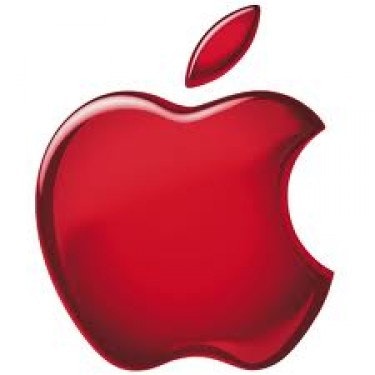A story in the news yesterday shows you how risky it can be to buy low-yielding bonds even if there’s no chance the company will fail to make the interest payments. The Financial Times reported yesterday that some bonds of consumer-electronics giant Apple Inc. (NASDAQ:AAPL) have fallen as much as 9% in their first six weeks of trading. In case you happen to be an Apple bondholder – rest assured. Apple isn’t going out of business. The reason Apple’s bonds are down has nothing to do with the company itself. Apple is a very safe company. There’s virtually zero chance it will fail to repay its debts. It has $145 billion in cash and just $17 billion in debt.

The conventional explanation
Most people will point their fingers at the U.S dollar. A sudden weakening of the dollar will surely translate into a loss to dollar- denominated bonds. That’s Economics 101. Some people think it’s the sudden hike in the interest rate that’s beating down the price of bonds. Interest on a 10 year U.S backed notes jumped from 1.7% only a month ago, to 2.2% today. That’s a furious pace.
The real explanation
I believe that the main reason investors are now sitting on a 9% loss is that they simply paid too much for Apple Inc. (NASDAQ:AAPL)’s bonds, and the market is correcting that mistake.
Apple had zero debt until it sold $17 billion worth of bonds six weeks ago. They all had very low yields. The bonds that fell 9% were 30-year bonds that yielded 3.85%. That’s way too low for a 30-year bond. I bet investors who bought Apple’s low-yielding bonds thought it was OK they weren’t making much money because Apple Inc. (NASDAQ:AAPL)’s so safe, at least they wouldn’t lose any money. Now they’re sitting on a 9% loss. Again, there’s virtually no chance Apple will fail to repay its debts. But now, bondholders might have to wait 30 years to get their 9% back. These are the same folks who’ve been bidding up the U.S. Treasury market. These folks have been talking down the price of gold and gold-mining stocks. Even now, they are paying much more than par for dodgy U.S. corporate bonds. At their most recent peak, only a month ago, these bond lovers were paying, on average, an all-time-record price above par ($106 last month) for junk bonds. Remember… these pieces of paper are usually priced by the creditworthiness of the company that issues the debt and the likelihood of lower interest rates in the future.
Apple isn’t alone
It’s important to remember that Apple Inc. (NASDAQ:AAPL) didn’t need all that cash. The company took it simply because it was offered to it at an incredibly cheap price. By issuing debt, Apple has joined other mega companies who benefited from this trend of bond buying. In May, Berkshire Hathaway Inc. (NYSE:BRK.A), whose cash hoard reached a record $49.1 billion in its first quarter, sold $500 million of 1.3%, five-year debt with a 57 basis-point spread and an equal portion of 4.3%, 30-year bonds with a relative yield of 135 basis points. Remember, Berkshire Hathaway Inc. (NYSE:BRK.A) doesn’t need all that cash – it took it because it could.




